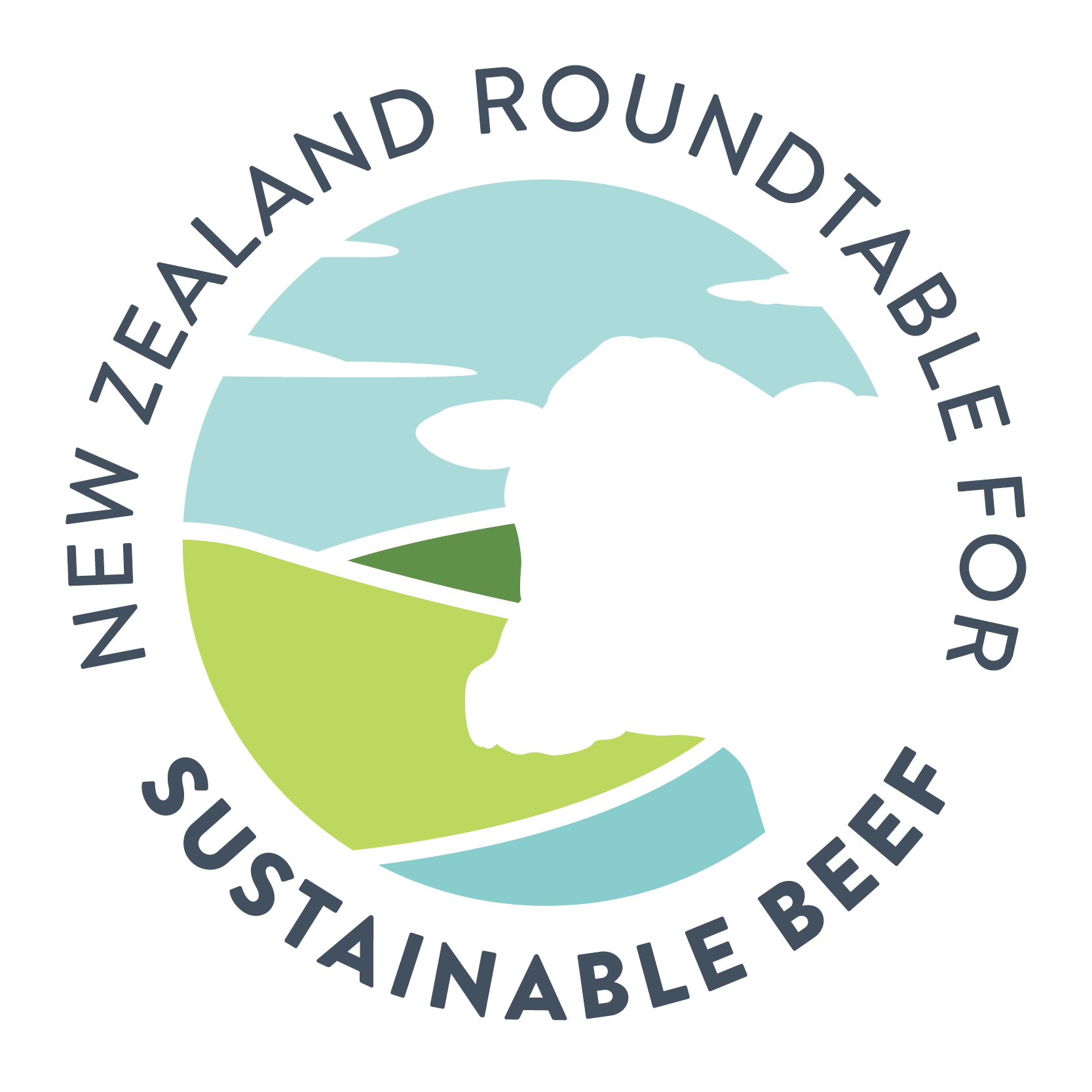ROSLYN DOWNS - NZFAP+ IN ACTION
Roslyn Downs is a 620ha rolling country sheep and beef property farmed by brothers Jason and Quentin Miller, their wives Jocelyn and Eleanor and Jason’s son Andrew and his wife Rachel.
As a New Zealand Farm Assurance Plus (NZFAP+) pilot farm, the family has been required to demonstrate excellence in all areas of their business. The environmental work they have carried out during the past two decades positioned them well to take part in this pilot.
During the past 20 years, the Millers have fenced off 10km of waterways, totaling 30km of fencing.
Sediment ponds have been created to capture soil and nutrient run-off, extensive native and exotic plantings have been carried out and in conjunction with a neighbour, an existing 3ha wetland has been further developed.
A profitable sheep and beef business has enabled this investment in environmental protection and enhancement, but livestock performance has benefited from this focus on environmental management.
The farm runs 4000 Coopdale ewes, 1200 hoggets (mated), 200 bulls and 200 trading cattle.
Lambs are finished to 19kgCW, Friesian bulls are finished to 300kgCW while Wagyu cross cattle will be grown to 600kgLW before being finished on a local feedlot.
Friesian and Wagyu calves and milk are sourced from a local dairy farmer.
Different soil types over the farm have been identified and soils matched with stock classes.
With a focus on reducing pugging, ewes are wintered on a multi-day break system and the family has noted an improvement in ewe performance due to reduced competition for feed and more consistent Body Consistent Scores (3-3.5).
Less pugging also means improved pasture production and overall livestock performance.
Thirty-five hectares of feed crops are grown annually. Cattle are on swedes for the first part of winter and fodder beet over August, September and October. This keeps cattle off wet spring pastures, allowing pasture covers to be built and minimising soil damage.
Soil health assessments are carried out every spring and management decisions are based on those. The quality of the water leaving the property is measured by Environment Southland every second month. This is correlated with weather data. Results have shown that water quality improves as it moves through the farm.
Bird counts are carried out regularly as the family aims to increase the biodiversity found on the farm.
Nutrient losses sit at 17kg N/ha with the majority of these losses occurring in winter. To reduce this, oat catch crops are being trialed.
A Farm Plan put together with Environment Southland two years ago, along with the NZFAP+ pilot, has given the Millers clear direction around environmental management.

